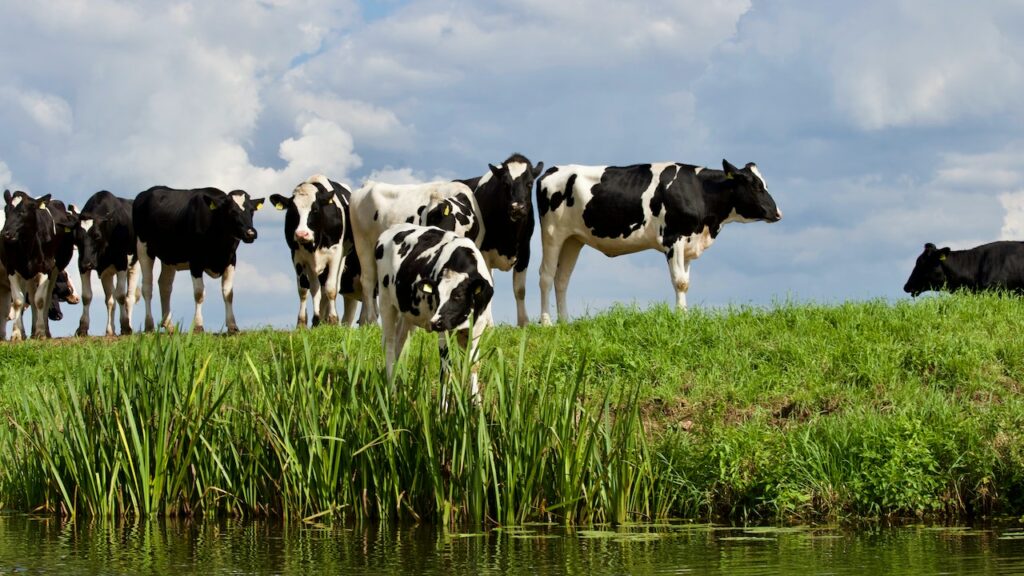
Quality cow breeding, also known as selective or controlled breeding, is essential for several reasons, as it directly impacts the health, productivity, and sustainability of the livestock industry. In turn, quality cow breeding can then impact the health of people who consume the dairy and meat products by these cows.
Productivity and Genetic Improvement
Cow breeding for productive traits, such as high milk yield or rapid growth, leads to more efficient and profitable cattle operations. High-quality breeding can increase the quantity and quality of meat and dairy products produced.
This is where quality breeding programs come in, as they help to improve the genetic traits of the cattle herd. By choosing preferred characteristics such as milk production, meat quality, disease resistance, and temperament, breeders are then able to enhance the overall quality of the cattle population.
The overall health of the cows can also then be better which can reduce the occurrence of common cattle diseases. Not only can healthier cattle be less susceptible to infections and require fewer medical interventions, this can also lead to cost savings and improved animal welfare.
Conservation and Environment
Quality breeding programs are essential for preserving and conserving heritage or rare cattle breeds. This helps maintain genetic diversity, which is important for future breeding and potential adaptation to changing conditions.
Factors like feed efficiency and reduced methane emissions can contribute to more environmentally sustainable livestock farming practices, where cattle with improved feed conversion rates produce less greenhouse gas emissions per unit of meat or milk.
Conclusion
Overall, quality cow breeding is necessary for improving cattle genetics, enhancing productivity, ensuring the welfare of animals, and promoting sustainable and economically viable cattle farming practices. It also plays a vital role in meeting the growing demand for animal-derived products while minimizing the environmental impact and conserving genetic diversity.







